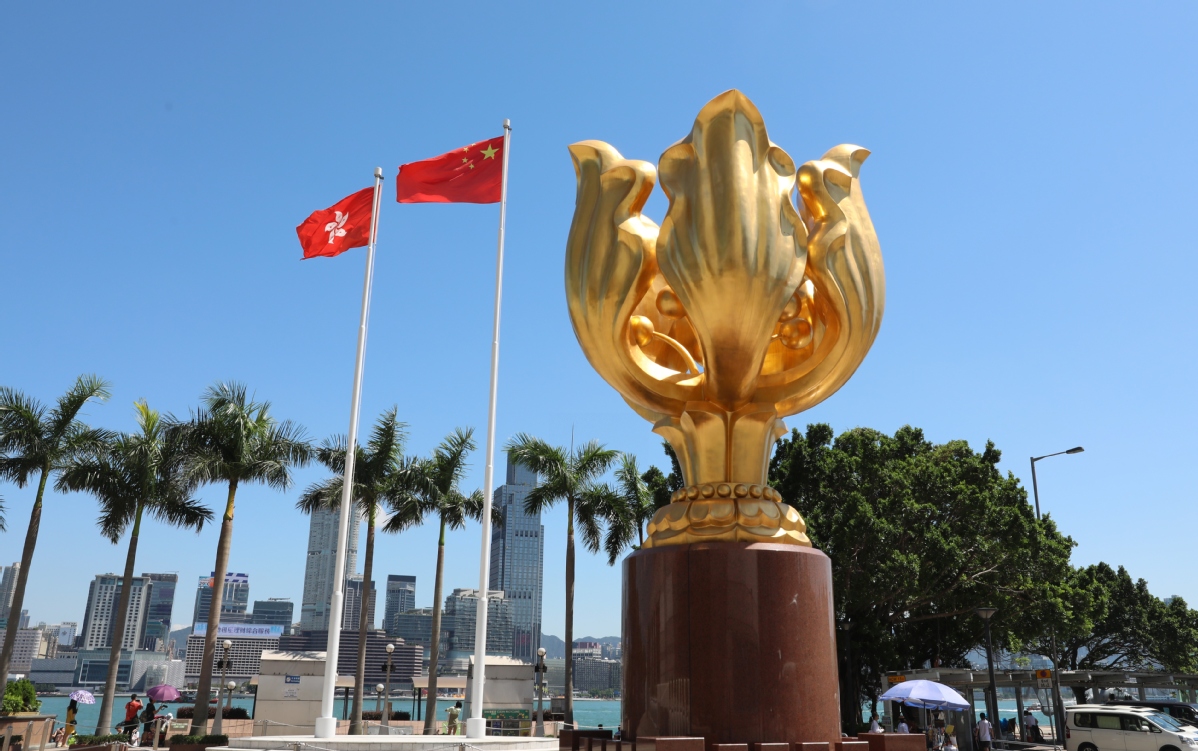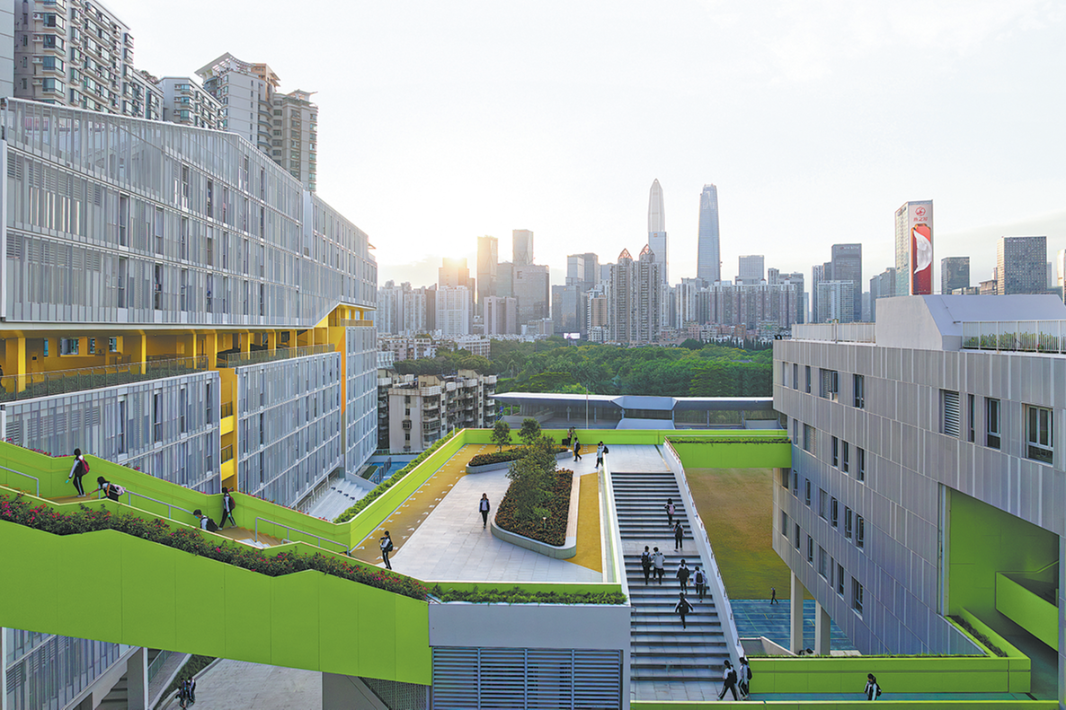Reform LegCo Rules of Procedure to ensure meaningful debates


A recent striking change in Hong Kong's TV programming is the transformation of Legislative Council broadcasts. Where previously we tuned in to recurring episodes of "clown hall" we now find ourselves viewing comparatively calm and serious discussion. Gone are the unbecoming stunts of fruit and paper throwing and political posturing, interspersed with rowdy pushing and shoving, including instances of brazen physical intimidation: More boring, yes, but a welcome switch and a return to normalcy.
But we have also lost realistic counter-arguments from opposition members in the LegCo chamber. These were often fiery and sometimes knee-jerk but they could shine a sharp light when the opposition chose to engage in serious debate. Almost all those members have now gone, following the four members who were disqualified out the door. Opposition politicians have repeatedly allowed fervor to take over from good sense. They have done so again with this walkout.
In fact, we need to see a return of robust debates once the delayed LegCo elections are held. We do not, however, need a return to the juvenile continuous disruptions and gratuitous hostilities that marked LegCo as the most dysfunctional governance institution in the HKSAR over the last decade.
During the greater part of the British colonial rule of Hong Kong, LegCo members were simply appointed by the Governor primarily from within the senior ranks of the civil service, business and industry, and various professions. Under this regime, no comprehensive Rules of Procedure were needed to stipulate proper behavior and apply disciplinary measures. Members could, technically, be dismissed as readily as they could be appointed and the makeup of LegCo ensured debates were typically focused and civil.
As direct LegCo elections were introduced in 1991 and as 1997 approached, voices were raised saying LegCo now needed to create formalized Rules of Procedure to govern its operation. The British declined to introduce this reform, creating, by inaction, a pathway to the habitual legislative chaos that has discredited our legislative process.
Significant amendments were made to relevant LegCo rules in late 2017 to reduce the capacity for filibustering — a good start. But events since have confirmed that the President of LegCo (and committee chairs) remain ill-equipped to deal with rowdy, disruptive and sometimes violent behavior. The abuse of procedural rules governing debates and general operations during LegCo sessions has also proved to be singularly difficult to control.
Now, however, there is a clear opportunity to remedy the rules-deficit inheritance from the pre-1997 era in a comprehensive way. This project should be prioritized during the current, extended LegCo session.
The British Parliament at Westminster is widely recognized as the originating source of democratic parliamentary practice for the entire common law world. It is hard to think of a better place to find a tried and tested template for reform.
The House of Commons has rules in place which allow for members, in certain circumstances, to be suspended from the House without pay for disorderly conduct for up to an entire session (that is, for up to a year) of the parliament in accordance with the Disciplinary and Penal Powers of the House set out at https://www.parliament.uk/documents/commons-information-office/g06.pdf.
Here is a summary of some key provisions.
Willful obstruction: If a Member has disregarded the authority of the Chair, or has persistently and willfully obstructed the House by abusing its rules, he or she may be named. The Member can be directed to withdraw and suspended for five sitting days for a first offense. A second offense in the same Session will lead to a suspension for 20 sitting days and a third to suspension for a period the House shall decide. Should a Member refuse to withdraw and then resist removal by the Sergeant-at-Arms, suspension for the remainder of the session ensues. Note, where the Member has been suspended, salary is forfeited during the period of suspension.
Abusive language: Good temper and moderation are the characteristics of parliamentary language. Any abusive or insulting language used in the debate must be withdrawn immediately.
Placards and displays: The ostentatious display of badges, brand names, slogans or other forms of advertising of either commercial or non-commercial causes is not in order. Members failing to comply with this rule will normally not be allowed to speak and they may be asked to withdraw from the House. This is particularly fitting in addressing the opposition LegCo members' penchant for creative political messaging through colorful placards.
Around a decade ago, a leading member of the House of Lords expressed disapproval and surprise, while visiting Hong Kong, about the poor, too often puerile conduct of certain LegCo members. The surprise was underlined by a clear understanding that such behavior would never be tolerated within the Parliament at Westminster.
Political debate within the House of Commons remains, of course, as full-bodied as anywhere. At the same time, politically-opposed members within the House share a keen understanding of their mutual interest in maintaining a well-ordered chamber. LegCo also needs members who share a mutual interest in maintaining LegCo's institutional integrity to facilitate vigorous and orderly debates.
Hong Kong deserves a legislature that focuses on issues without theatrical distractions. Thus, we need to introduce a full set of House rules designed to secure this outcome. Let's put this system in place now!
The author is a visiting professor in the Law Faculty of Hong Kong University.
The views do not necessarily reflect those of China Daily.


































